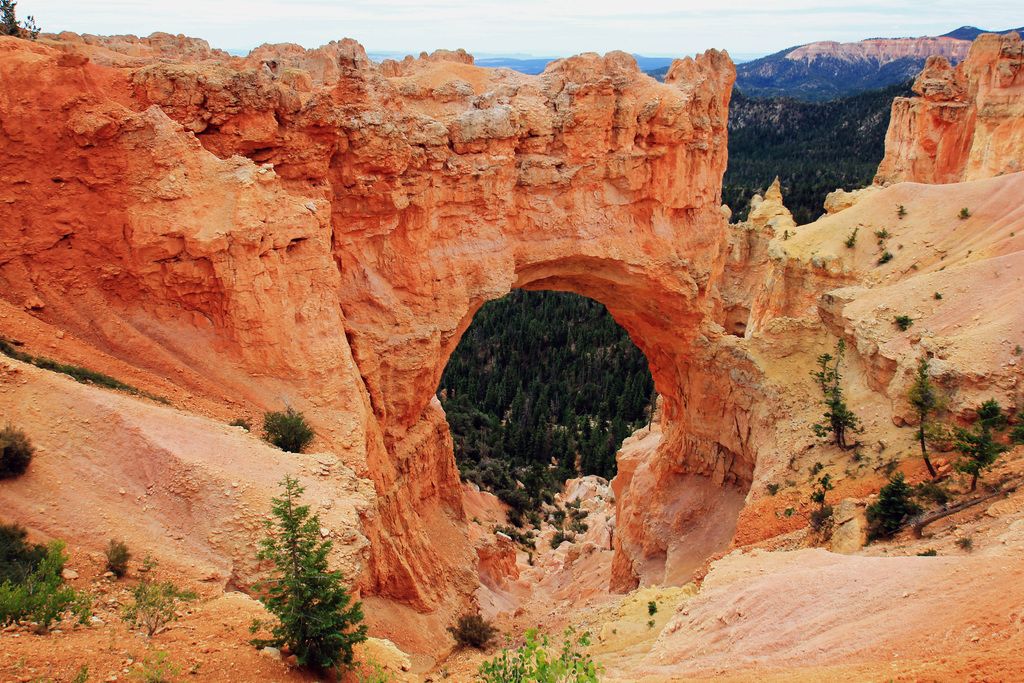Iran's enduring political figure, Ayatollah Khamenei, confronts his supreme ordeal
In the thick of things, Ayatollah Ali Khamenei, Iran's supreme leader, faces his most significant crisis yet – a potential existential threat to both himself and the very system he heads. The unprecedented Israeli strikes have rocked the foundation of the Iranian clerical hierarchy, amplifying the already- simmering unrest within the nation.
At 86, Ayatollah Khamenei has led Iran through a myriad of challenges, including sanctions, international tensions, and protests, often brutally suppressed. The latest women-led uprising being a prime example. However, the current crisis poses a unique challenge as Khamenei – a central pillar of the clerical system since the 1979 Islamic Revolution – faces life-threatening circumstances.
As the question of succession looms large in Iran, Khamenei's decisions now could reshape the future of the system he helped build. Arash Azizi, a senior fellow at Boston University, notes that the ongoing war only serves to escalate the existing power struggles within the regime, pushing it closer to a regime change.
Israel's ability to eliminate key Iranian figures like the army chief and head of the Revolutionary Guards showcases the reach of Israeli intelligence. With this in mind, speculations about an Israeli plot to eliminate Khamenei himself are rife, especially given Donald Trump's rejection of such a plan but Israel's unwillingness to rule it out entirely.
The movements of the supreme leader, whose daily command has long been passed on to various factions, are shrouded in the tightest security and secrecy. Whether or not they have a regime change plan of their own remains unclear, but it's evident that the strikes could potentially usher in a shift in the regime's stance towards Israel or even facilitate a coup.
Karim Sadjadpour, a senior fellow at the Carnegie Endowment for International Peace, reflects that Khamenei faces a self-imposed dilemma, struggling with both physical and cognitive acumen to lead Iran into a high-tech war. A weak response to the Israeli strikes could further diminish his authority, while a strong one could potentially endanger his life and that of his regime.
In the past, Khamenei favored maintaining Iran's neutrality in conflicts with its enemies. But the recent strikes seem to mark a sudden departure from this strategy. Jason Brodsky, policy director of US-based United Against Nuclear Iran, believes Khamenei has badly miscalculated his approach.
The intensity of Israel's initial attacks, which took place before a new round of nuclear talks in Oman, caught the Iranian leadership off guard at a time when they were on high alert for potential protests due to economic hardship. However, many Iranians are eager to see an end to the Islamic Republic, provided it doesn't lead to bloodshed and war.
In an interview with Fox News, Israeli Prime Minister Netanyahu suggested that regime change could be a possible outcome of the Israeli strikes, insisting that the Iranian people should ultimately be responsible for bringing about this change. He also hinted at a potential Israeli plan to eliminate Khamenei that had been vetoed by Washington.
The Iranian opposition inside and outside the country remains fragmented, with no reports of mass protests so far. Reza Pahlavi, the son of the last shah Mohammad Reza Pahlavi, has urged Iranians to stand strong, while Israeli television channels have aired images of anti-Khamenei protests.
However, divided as they may be, the opposition faces an uphill battle, according to Azizi. A peaceful uprising leading to a change of power is unlikely under the present circumstances.
Iran-Israel conflict
Stay informed with the Daily Briefing
Sign up for the latest news and updates straight to your inbox.
- The escalating Israel-Iran conflict has extended beyond military actions, with the general news also featuring discussions about potential policy-and-legislation changes and political power struggles within Iran, especially in relation to Ayatollah Ali Khamenei's future leadership.
- As the weather of war-and-conflicts looms over Iran, the news of Khamenei's health and possible succession has become a main topic in war-and-conflicts news, along with speculations about Israeli involvement and the implications for the Iranian clerical hierarchy.
- The latest women-led protests in Iran are part of a larger trend of general-news events, including the Israeli strikes, international tensions, and economic hardships, that have tested Ayatollah Ali Khamenei's leadership and may impact Iran's future policy-and-legislation and political landscape.








